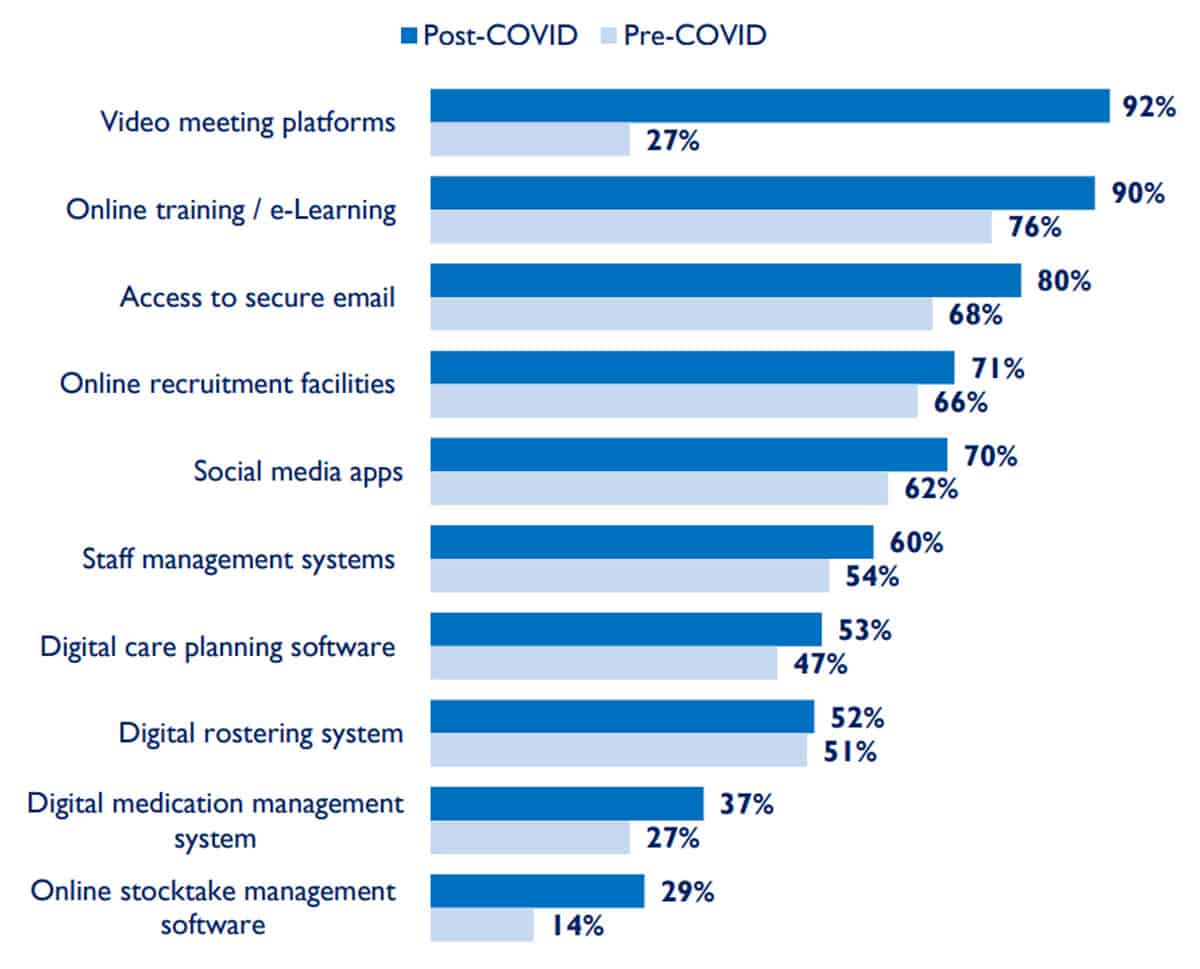
Digital transformation becoming a reality
By David Lynes, CEO & Founder of Unique IQ
It’s beginning to feel like digital transformation within the wider health and social care system is really starting to become a reality.
So far this year we have seen some big steps forward.
There has been confirmation from the government of the intention for all CQC-registered adult social care providers to have access to digitised care records that interoperate with local Shared Care Records by 2024.
To this aim, the sector now has a purchasing system for digital social care records. Available to all providers of social care, be that local authority, NHS, private dom care or charitable organisation. It’s a rigorous framework, that will help social care providers have a digital foundation in place on which other remote care tools or partner systems can integrate.
And in late June, NHSX released its draft data strategy, ‘Data saves lives: reshaping health and social care with data’.
The strategy’s main thrusts are:
- Using data to innovate within the entire health and social care system;
- Making data sharing the norm;
- Building the right technical, legal and regulatory foundations to make all this happen.
That includes legislation making it a statutory obligation for organisations within the health and care system to share anonymous data for the good of the whole.
This really feels like the tipping point for bringing together all of the disparate pockets of innovation that have been happening all over the care sector and the NHS over the last few years.
But it’s not going to be without its challenges
For starters, there are the legalities and the need for transparency around all this data sharing. It is crucial that the public is taken on the journey of integration; that they understand where and how their personal and sensitive data is being used, and above that, why. That they continue to have the opportunity to consent or to withdraw that consent and are given access to the records that are being held about them.
Then there is the issue of security. A collective of health and social care bodies have embarked on a major programme to support care providers with information security, called ‘Better Security, Better Care’. The programme offers a range of support to care providers to help them store and share information safely, covering both paper and digital records. Ultimately, the aim is to get care organisations into a position where they can complete an annual, online self-assessment using the Data Security and Protection Toolkit (DSPT).
Lastly, there is the question of readiness amongst care providers.
Digital Social Care and Skills for Care recently published a new report on the digital maturity of the adult social care sector and how this changed between October 2019 and March 2021. And while the results show increasing confidence amongst care providers in their understanding and use of technology, there is still some way to go.
As of January 2021, a fifth of respondents described their organisations as ‘expert’ in their use of digital technology. 66% identified as developing, with the remaining 14% describing themselves as ‘novice’.
Meanwhile, the spread of digital tools that are in use is quite varied. Video tools like Zoom and Teams may well have shot up in their usage over the last 18 months, but digital care planning systems and eMAR lag behind.
Care providers can assess their digital readiness using this online tool, developed by Skills for Care and Digital Social Care – https://www.digitalsocialcare.co.uk/measuring-digital-readiness/.
We have some work to do still as a sector. But at last, it feels like we might be on the path to digital transformation in care, system-wide. Where data and digital can start to make a difference in the lives of people receiving care, wherever they are, and whoever they receive care from.
Want to read more articles from David? Head over to our thought leadership hub.
